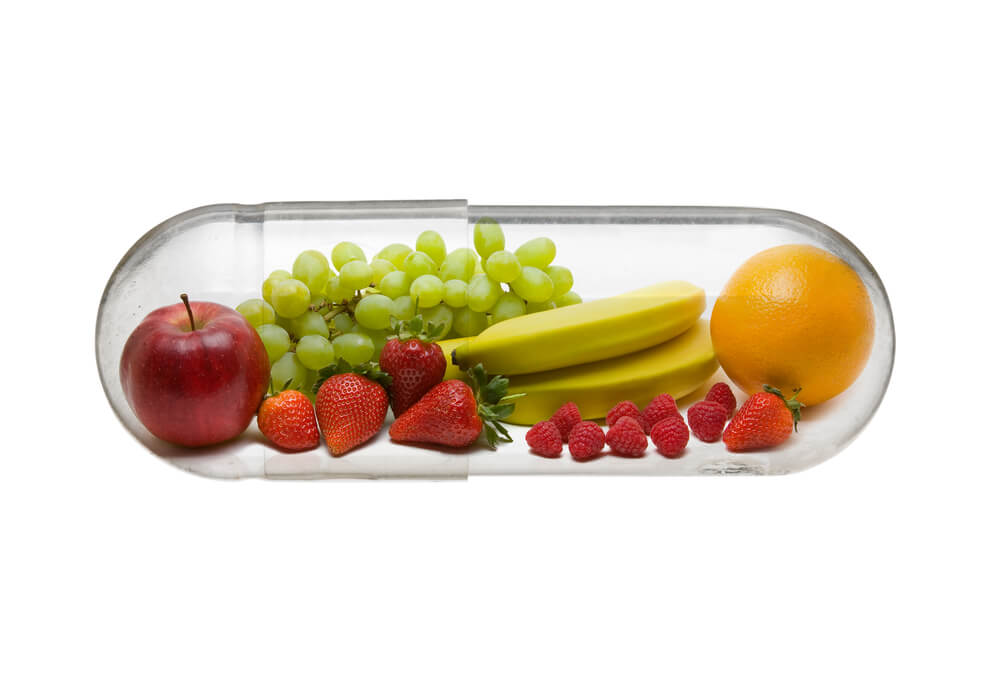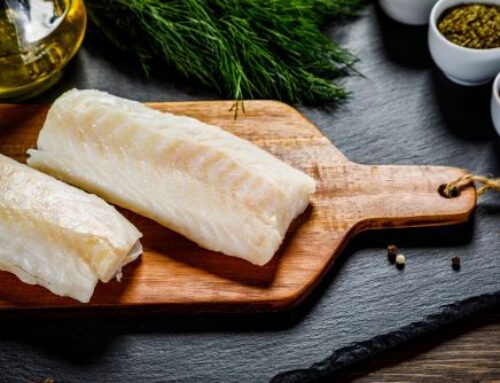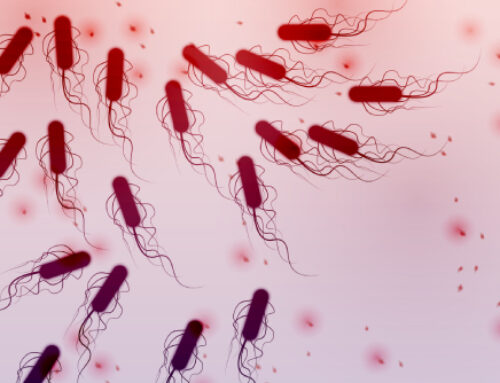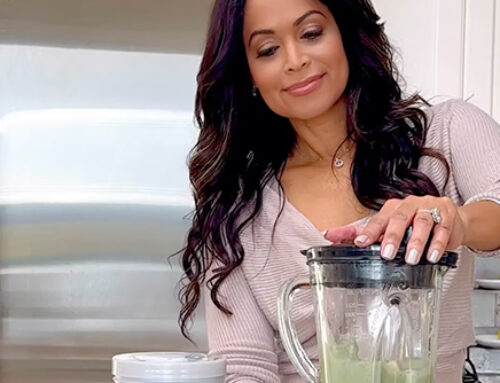No matter how healthy you think your diet is, there is a high chance you aren’t consuming all the nutrients you need. You may eat all the fruits and vegetables you can, and it still isn’t enough. While many dietary recommendations can be made, what we should understand is that women have different nutritional needs when it comes to multivitamins. Vitamins are much needed for your overall well-being. Most women can make a shift in a way they consume food, and that will help gain all the necessary vitamins and minerals. Here is a list of best multivitamins for women.
Folate:
This component helps a baby develop a strong spine and reduce the risk of having spinal problems. Women who are of the childbearing age need to consume folates as it reduces the risk of abnormalities in the fetus when they do get pregnant. Folate also assists in creating red blood cells and helps in digesting protein. The doctors usually prescribe folic acid supplements to those who are pregnant.
Folate is present in sprouts, broccoli, spinach, and potatoes. It’s also found in brown rice, cereals, and bread. If you’re above 20 years of age, 400 mcg of folic acid should be consumed every day, and when pregnant, the amount should increase to 600 mcg. Breastfeeding women should consume about 500 mcg of the nutrient.
Iodine:
This mineral is critically needed for the brain development of a baby during pregnancy. A study was conducted to determine what vitamins and minerals women lack and the findings proved that women between the ages of 20-40 have lower iodine levels than most other age groups. Iodine is usually found in dairy, tuna, shrimp, eggs and seaweed. The recommended amount of iodine to be consumed by middle-aged women is 150 mcg per day.
Iron:
Iron is essential as it helps in increasing the number of red blood cells present in the body. This helps in keeping the blood clean and healthy. When women menstruate, they lose a lot of iron and hence are advised to consume lots of it. Deficiency of iron can lead to anemia. Iron is present in both animal and plant sources. Iron procured from animal sources is better absorbed by the human body. Absorption of iron from plant sources usually works better when eaten as a combination with vitamin C. Iron is found in meat, eggs, fish, green, red and yellow peppers, nuts, seeds, and dark leafy vegetables.
Women in the age of 19-50 years need around 18 mg of iron every day, and pregnant women need about 27 mg of iron. Older women need approximately 8 mg daily.
Calcium:
Calcium is needed for the foundation of healthy bones in a human body. This is needed for women as they can develop a condition called Osteoporosis. As you near menopause, the body starts to produce less estrogen, and that can lead to a lot of complications, such as heart disease and osteoporosis. Exercise is needed to build and maintain muscle and bone structure and with that, the nutrient you need is calcium. Calcium is found in all dairy and dairy products. Leafy vegetables, legumes, tofu, dried food, and seafood all contain calcium. Daily, 1,200 mg of calcium should be consumed by women who are above 50 years of age.
Vitamin D:
Calcium is best absorbed with Vitamin D. So it’s always best to consume the two together. They help in maintaining strong bones and muscles. Vitamin D also reduces cell inflammation and supports your immune system to stay strong. Soaking in the light of the early morning sun is a good source of Vitamin D, but other than that beef liver, cheese, oranges, tuna, mackerel, salmon and egg yolks contain vitamin D as well. The daily intake of vitamin D is 600 International Units (IU) for women beyond 50 years of age. You’ll have to increase the dosage to 800 IU after 75 years.
The best way to find out what supplements you need is to talk to a doctor who can advise you best on the basis of your history. It’s important to consult a specialist because there are different underlying factors that can change your intake. You might even be allergic to certain kinds of medication, so a consultation is a must. You can buy supplements from online stores such as TrueBasics, who create formulations that are clinically researched and safe to consume.
—
The most popular Health & Fitness Magazine in the country. Read the latest guide of health, fitness, yoga, exercise, beauty care, weight loss, healthy diets, nutrition and home remedies for everyone.





Leave A Comment